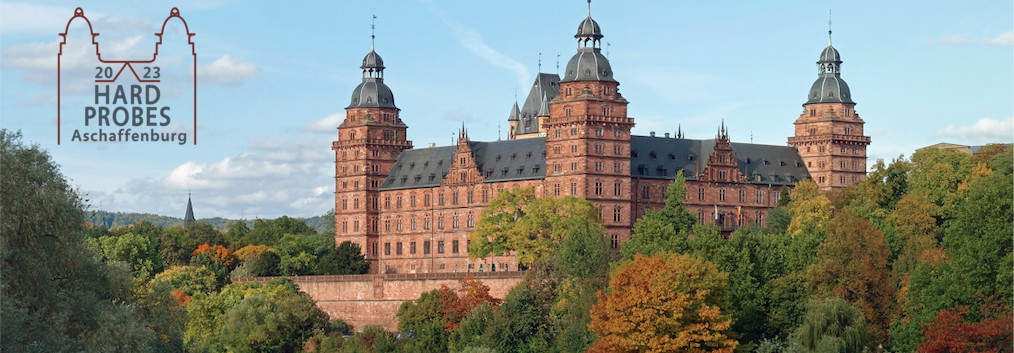Sprecher
Beschreibung
The hotspot model has proven to be an efficient tool to study coherent and incoherent diffraction HERA data by modelling the initial state fluctuations of the gluon density of the proton. The hotspot model in its original form is a non-perturbative model applicable for low momentum transfer and underestimates the incoherent cross section in orders of magnitude when extended for large momentum transfer studies for J/ψ photo-production at HERA. We present here a model of hotspot splittings based on the resolution for the evolution of initial state fluctuations in the hotspot model inspired by the DGLAP parton shower approach This is reliable as both the Bjorken limit and the incoherent diffraction at large momentum transfer probes the gluon wave function at smaller length scales as we increase the resolution. In addition to the geometrical fluctuations, we have additional sources of fluctuations in our model namely the hotspot width, number, and normalisation fluctuations which leads to a good agreement of our model’s prediction with data. In the framework developed, we obtain a good description of both the normalization and shape of coherent and incoherent differential cross sections (t-spectrum) simultaneously.
Affiliation
Indian Institute of Technology Delhi
| Experiment/Theory | Theory/Phenomenology |
|---|
